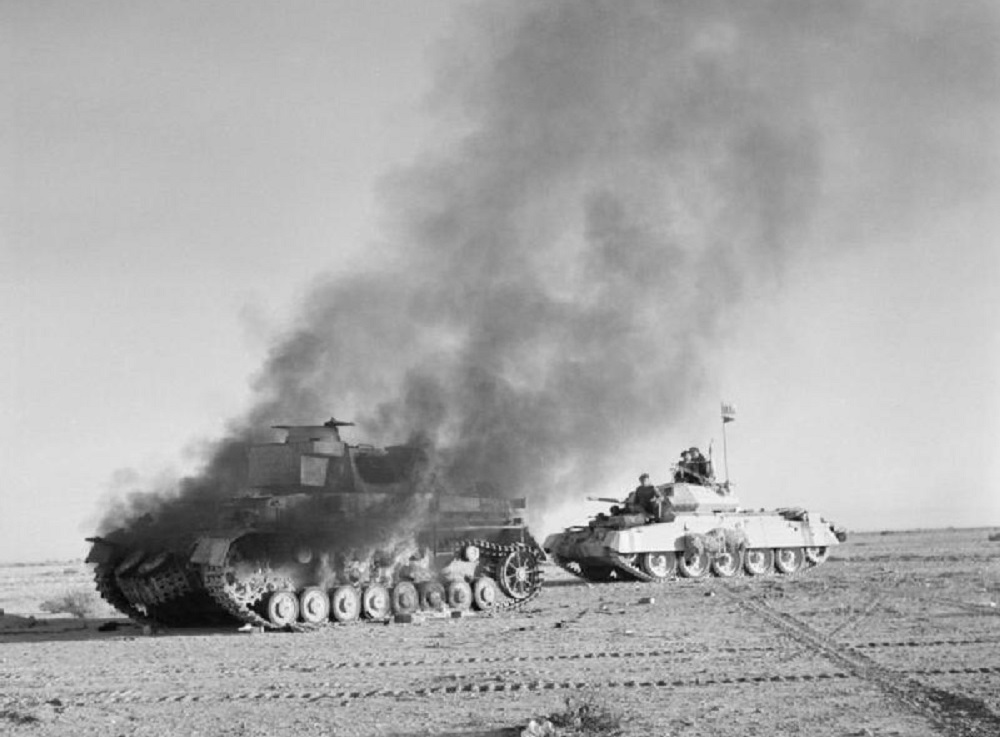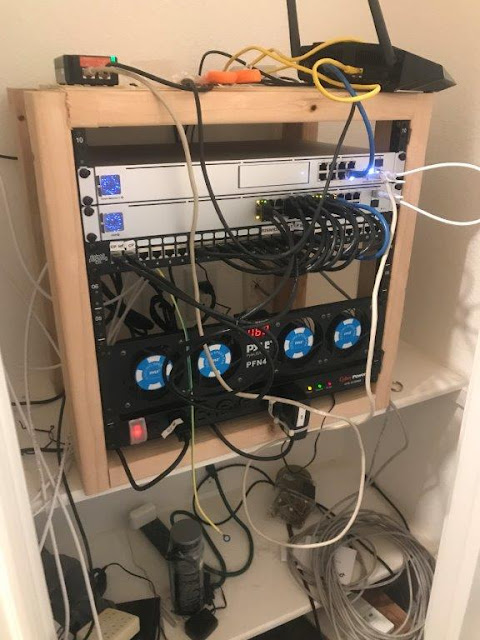 |
| Imperial War Museum |
Pages
Praetorium Honoris
Wednesday, August 31, 2022
Clearing "Hill" 5
Tuesday, August 30, 2022
Cut Off
 |
| (Source) |
 |
| (Source) |
Monday, August 29, 2022
A little bit of Something from Nothing at all!
juvat, how about starting with some good news for a change?
Ok, Sarge! How about just under 3 inches of rain this past week? The grass is much greener and unfortunately, growing again.
Why unfortunately? Well, my lawn mower guy is off at college which means Mrs. J will ride the lawn tractor while I do the push thing and the weed whacking. I know...Poor Baby!
But, Rain is good and more is forecast for this upcoming week. So...We got that going for us.
 |
| Hope it doesn't rain quite as hard as it did this past week. Glad Little J was driving. |
On the truly important front, our eldest granddaughter (10 months) gave us a bit of a scare this week when she tested positive for you know what. The family had been away at a Church Camp. Lots of hoop jumping occurred immediately thereafter. MBD and SIL tested negative which was good but made no sense since MG had been with her parents the whole time. Fortunately, her pediatrician was able to make sense of the situation and ordered another test. Which turned out negative.
Thank you Lord!
 |
| Pediatrician thinks it was a virus of some sort, but not any of the big ones. Which is good! |
On that same front, in a different City, LJD is doing well. Little Juvat and LJW spent the weekend in San Antonio with her. Her weight is up to 850 grams and she's downing 18 mLs of milk 8 times a day (For those of you that aren't into metric measurements, that's 1.87 lbs and a little over 5 oz./day.)
 |
| First "Not Sponge" Bath. Progress! |
Again...Not out of the woods, but headed that way.
After a bath, it's always a good time for a nap.
 |
| Parent's Aggie Rings for perspective. |
Little J is making great progress on our network. (I think it helps keep his mind off "Things".) With the exception of our connection to the internet, my wireless only printer, and our phones, everything here is now wired and so much faster and more reliable. However, I will have a wireless connection to my woodshop. One never knows when one needs to review the video on the project being built while working on it. Or so I've been told.
BTW, the wireless printer? Nothing but a PITA. Sometimes it prints, sometimes it doesn't. Gonna be a doorstop soon. Trying to troubleshoot a wireless "How come it didn't print?" has WAAAY more possible answers than a wired one does. And yes...That happens often enough to put the doorstop option in to the decision tree.
Other than that, Mrs. Lincoln?
Things are going pretty well. Most of the "Stuff" has been moved from my old shop. Still need my table saw and workbench moved. but want to have the storage abilities in place before I move them. It's on my priority list, but ....I think I've got my life's priorities in order.
So, on that note. I liked this song.
Peace out, y'all!
Sunday, August 28, 2022
Hey, Hey, Hey ...
 |
| The Wee Lad and his ride. |
Saturday, August 27, 2022
Dawn, 22 June 1941
 |
| Soldiers of the Red Army, 1941 RIA Novosti |
Friday, August 26, 2022
I Often Wonder ...
 |
| Bundesarchiv |
.jpg) |
| I zoomed in on the tank commander, chilling in his hatch. Guy looks pretty relaxed! Ibid |
 |
| Ibid |
 |
| Ammunition box for the GrW 34 (Source) |
.jpg) |
| Ibid |
 |
| Click to embiggen, but you get the idea, the German Army of WWII had a lot of horses. (Source) |
 |
| For lots of good info on this weapon and its use, chase the link. (Source) |
.jpg) |
| Ibid |
 |
| (Source) |
 |
| Panzerkampfwagen IV, Ausf. C Bundesarchiv |
Thursday, August 25, 2022
The Parthian Shot
.jpg) |
| PzKw III - North Africa (Source) |
Wednesday, August 24, 2022
The Eve of Barbarossa
 |
| Bundesarchiv |
Schütze Jan Kołodziej woke up well before the rest of his squad. He was troubled, and not just by the fact that the invasion of Russia was to begin within hours. A letter he had received was on his mind.
Jan,
Ever since the day I saw you in that uniform I have been torn. Torn between the feelings I had for you before the war and the disgust I felt upon seeing you in that uniform.Now I know why, I have done similar things in order to survive and pray for the end of this war. As I pray for your safety and well-being.Stay alive, my love. Stay alive.Yours,E



.jpg)